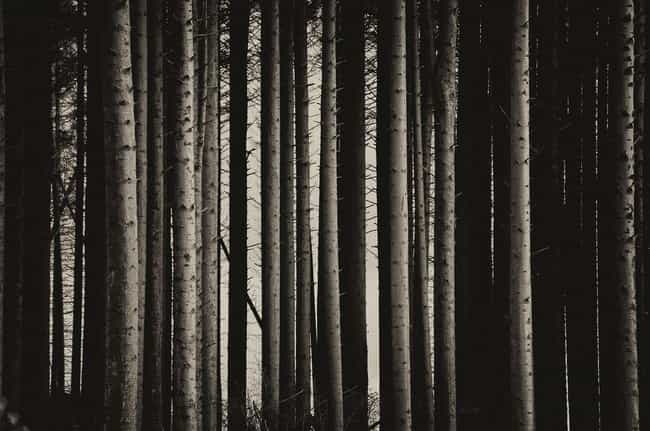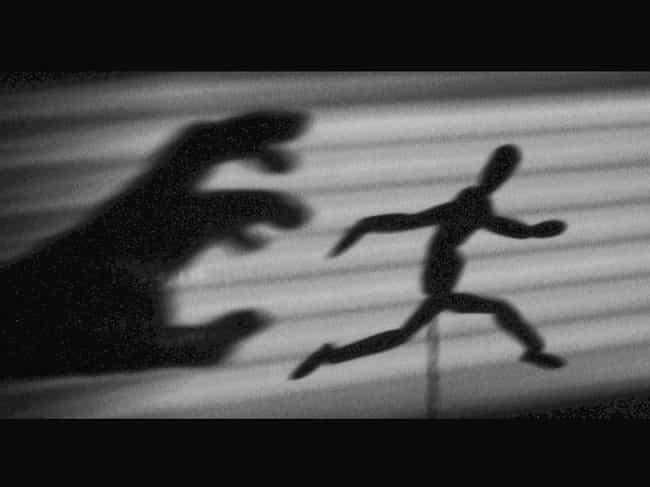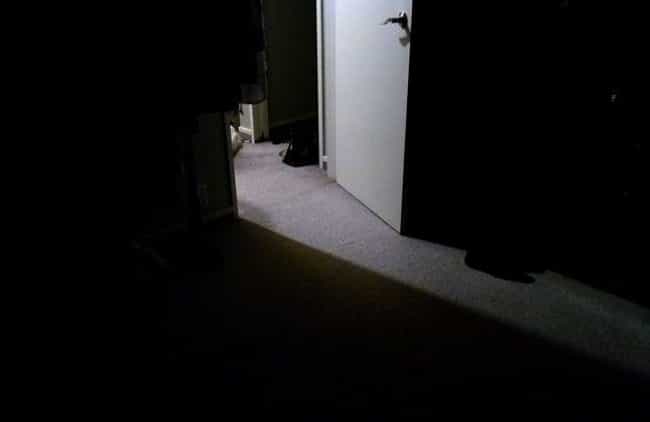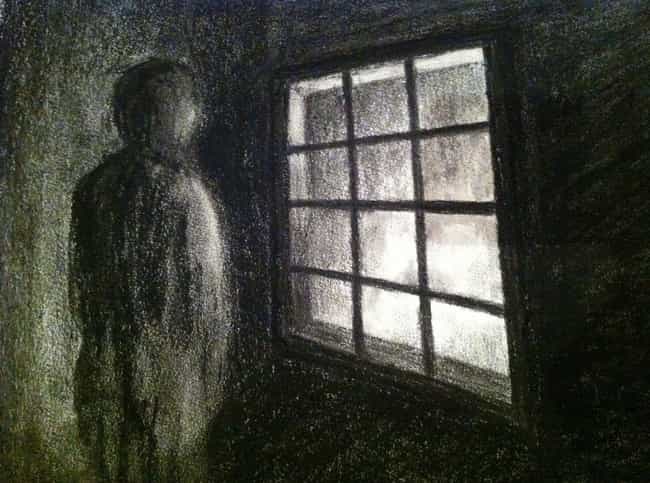Nyctophobia is the irrational fear of darkness and is far more common and more debilitating than most people realize. Credible studies have shed some light on the fear of darkness. Still, very little is known about the pathological background of the condition. Nyctophobia often goes undiagnosed and therefore untreated. Those suffering from a paralyzing fear of night, are often too embarrassed to discuss their condition with anyone.
Fear of the dark can be just a serious as any other psychological condition. In fact, this complex condition can lead to the development of other disorders. The symptoms are severe and attack the person on both a physical and mental level. This is what makes nyctophobia a dangerous disease, just the anticipation of nightfall can be enough to trigger symptoms.
Nyctophobia May Be More Common Than People Realize

A limited understanding of the condition has led to under-diagnosis. Nyctophobia could easily be misinterpreted as a case of anxiety. Some people suffering from insomnia might only have trouble sleeping because of undiagnosed nyctophobia. Nyctophobia can then become dangerous, as sleep deprivation sets in. Once recognized for what it is, it can be treated.
Nyctophobia Causes Extreme Anxiety Around Anything Related To Night Or Darkness

A person suffering from nyctophobia may not fear supernatural creatures or even any particular thing about the night. It’s often just the absence of light itself that begins to alter their perception in a number of ways. As with anxiety, worst-case scenarios can play through their heads. Nyctophobia patients may experience an inability to cope with anything related to darkness, even during the day. Even basic nighttime routines like brushing teeth or changing into pajamas can induce a fear-evoking state. Severe cases of nyctophobia can even lead to depression and suicidal thoughts.
Nyctophobia Can Cause Tremors, Sweating & Vomiting

Nyctophobia is limiting at best, disabling at worst. Symptoms can range from dizziness, shortness of breath, and an accelerated heart rate, all the way to severe chest pains and full-on panic attacks.
The physiological effects are not limited to the night hour, simply anticipating the onset of darkness is enough to affect someone’s entire day. The thought of being surrounded by darkness can induce so much anxiety, they start shaking, sweating, and may feel nauseous, or even vomit.
People With Nyctophobia Can Become Isolated From Others
Someone with nyctophobia often has to make major social sacrifices; they may even choose to isolate themselves. A limitation to daylight hours dictates what activities they can participate in, where they work, and what events they can attend. Their relationships could become strained, and even the anxiety they feel during the day affects their personality.
Yes, Adults Can Suffer From Nyctophobia Too

While most children have a fear of darkness – some more than others – they usually tend to grow out of it, but this cannot be said for everyone. A UK survey in 2012, reported 40% of adults said they were afraid of roaming their own homes in the dark. Out of those respondents, 10% of them were too afraid to get out of bed to use the bathroom at night.
Childhood Trauma May Be A Contributing Factor

Traumatic childhood experiences that took place in the dark can trigger nyctophobia. A natural fear of the dark emerges in children early on, and if something happens to reinforce the validity of that fear, the fear will remain and even worsen. Those locked in dark rooms as punishment or neglected after night terrors as children are likely to suffer from nyctophobia well into adulthood.
Nyctophobia Has Roots In Our Prehistoric Past

While nyctophobia is considered an “irrational fear” by professionals, it actually ties in with the evolution of mankind. Retaining at least some fear of the dark (or of what’s lurking in it) may not be so irrational after all.
Electricity and all other modern conveniences are just that – modern. Home wasn’t always a sanctuary – it was a door-less cave and humans were hunted by predatory creatures at night. A natural fear of the dark and our built-in fight or flight response is what has kept us alive.
The dark has been long associated with evil. Since ancient times, the dark of night has been seen as the cloak that allows things of a paranormal nature to come out and play.
Common Sounds And Items Can Become A Threat

People suffering from nyctophobia are already on edge as soon as the lights go out, so it’s no surprise that every small sound startles them. Even more disturbing, they begin to lose their grip on reality, seeing and hearing things that aren’t there. During these hallucinations, even common objects can begin to take on menacing shapes.
It Really Is Possible To Be Scared To Death

It’s rare but possible to be scared to death. Anything that triggers the body’s fight or flight response (including an extreme fear of the dark) is going to release adrenaline into the body. This increases a person’s heart rate and sends more blood coursing throughout the muscles.
Normally, the effects are temporary, but in large doses, adrenaline is toxic. According to Neurologist Martin A. Samuels, “If it’s a massive overwhelming storm of adrenaline, calcium keeps pouring into the cells and the muscle just can’t relax.”
In situations like this, a pre-existing heart condition is not necessary. Even the healthiest and most physically fit people could be flooded with enough adrenaline, to drop dead of fright.
Facing Fears Is The Best Way To Beat Them

Exposure to scary books and movies has been accused of contributing to the development of a fear of darkness, but Sigmund Freud’s comparison of the disorder to separation anxiety is probably more accurate. If passing on scary stories and urban legends were enough to cause nyctophobia, then everyone would have it. However, these stories may serve as contributing factors, a way of mentally reinforcing already-present fears, but not the cause of them.
If an intense fear of the dark persists after childhood, many psychologists believe it to be because the patient did not face their fear and continues to associate the dark with childhood trauma. Exposure to scary tales and more time spent in the dark may actually help cure nyctophobia. Systematic desensitization proves to the patient there is nothing to fear. Repeat exposure to their fears is the most effective way to solidify a healthier perception. Some think virtual reality may help desensitize patients, too. Anti-anxiety medication and talk therapy are also effective treatments.
Follow On Social Media




